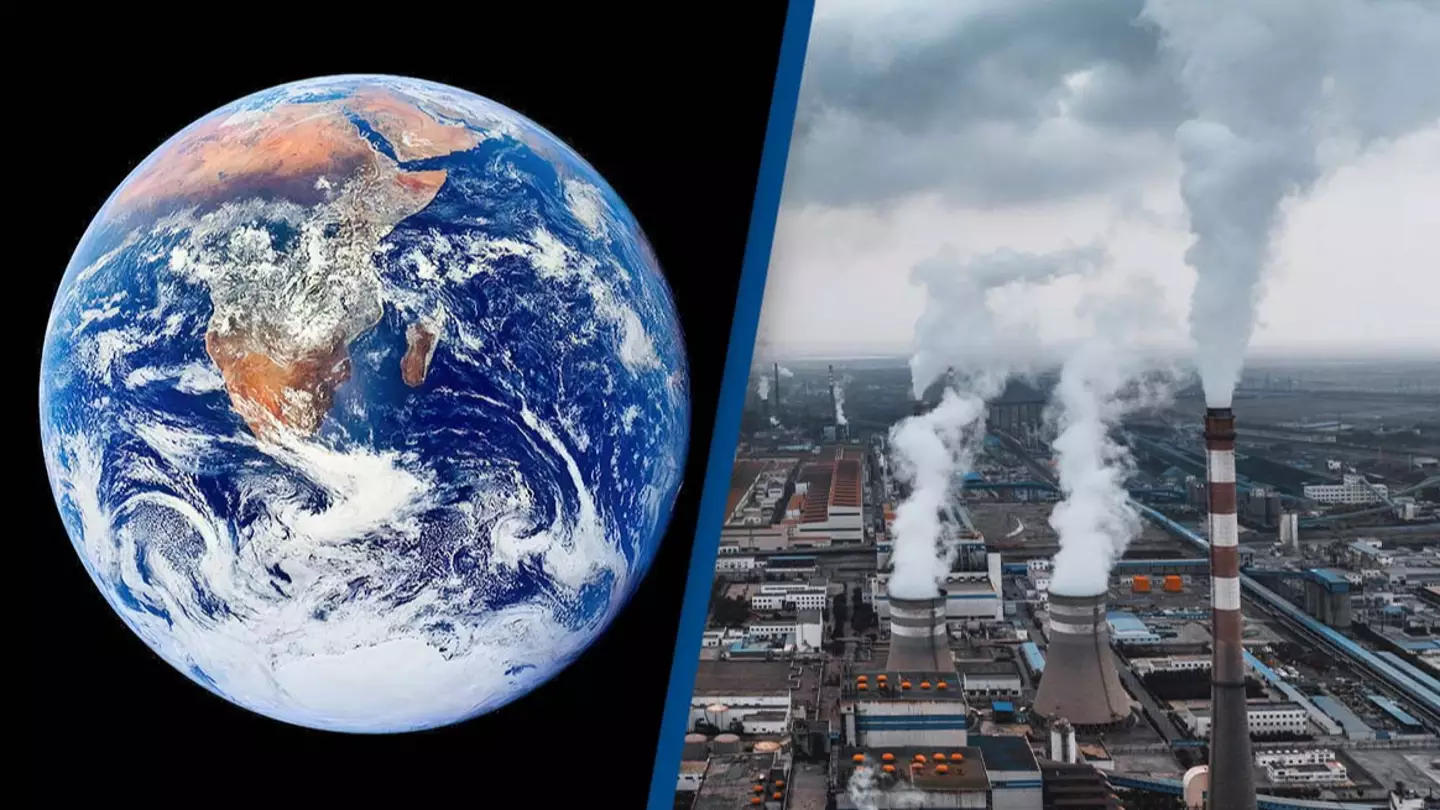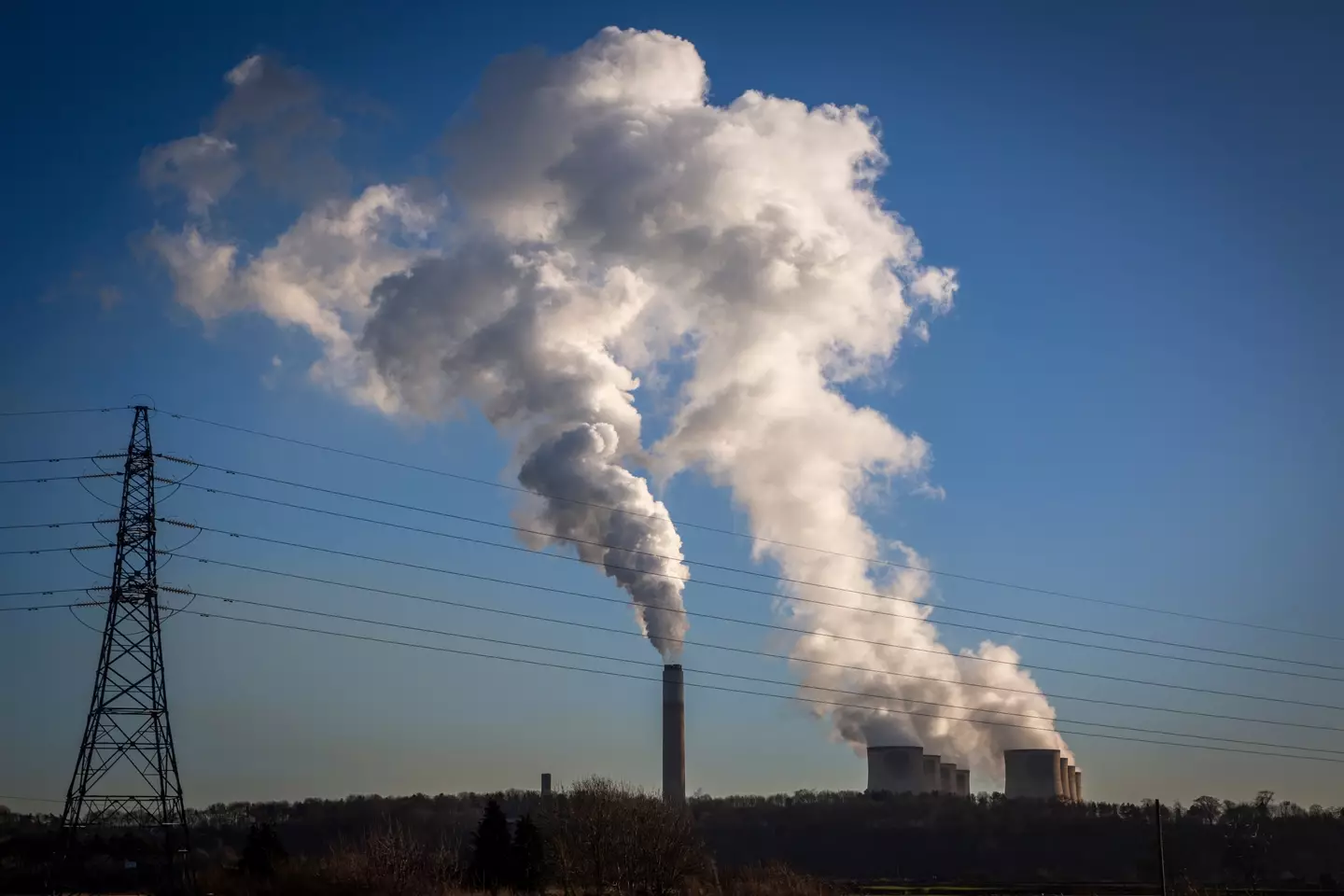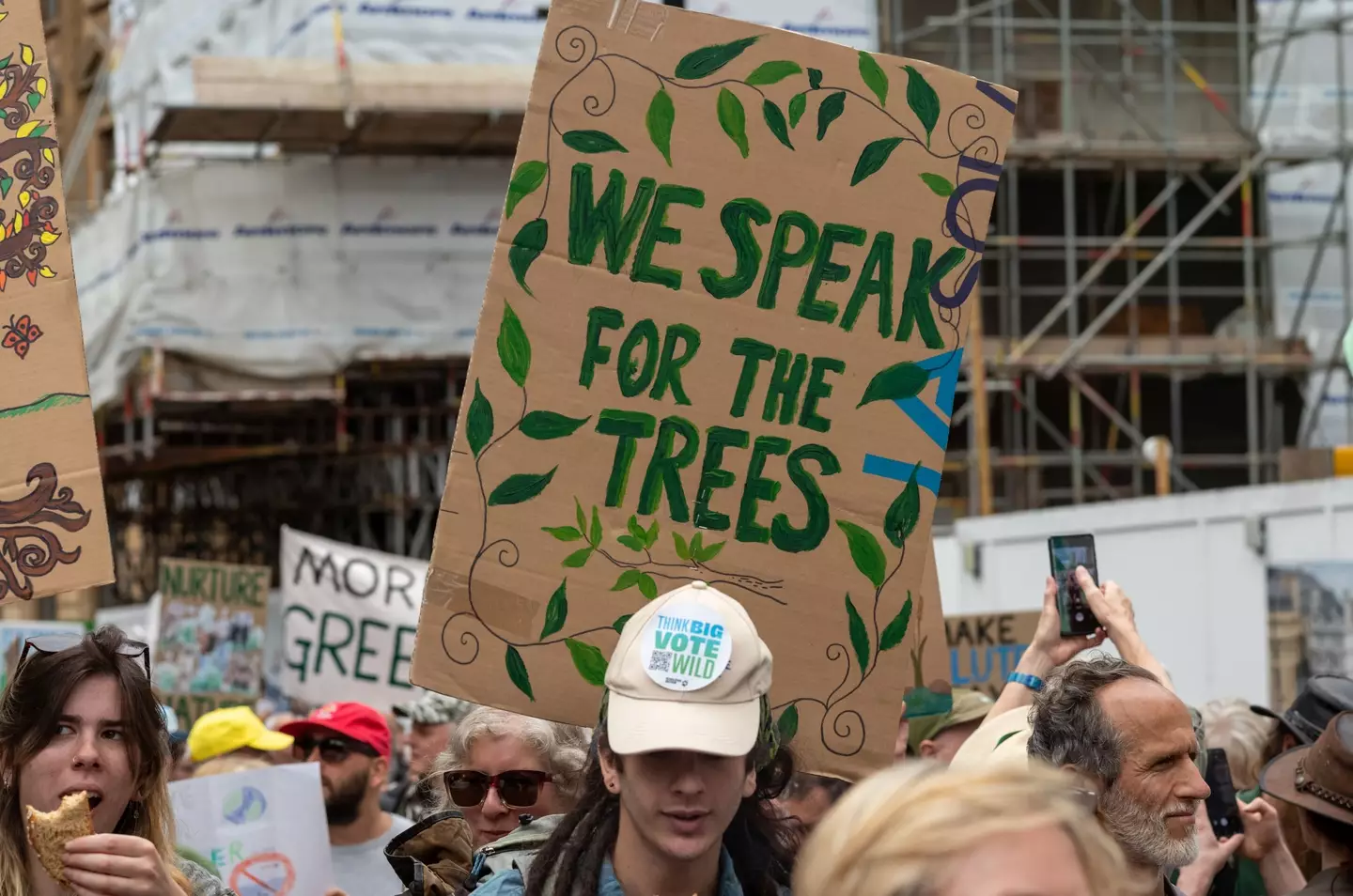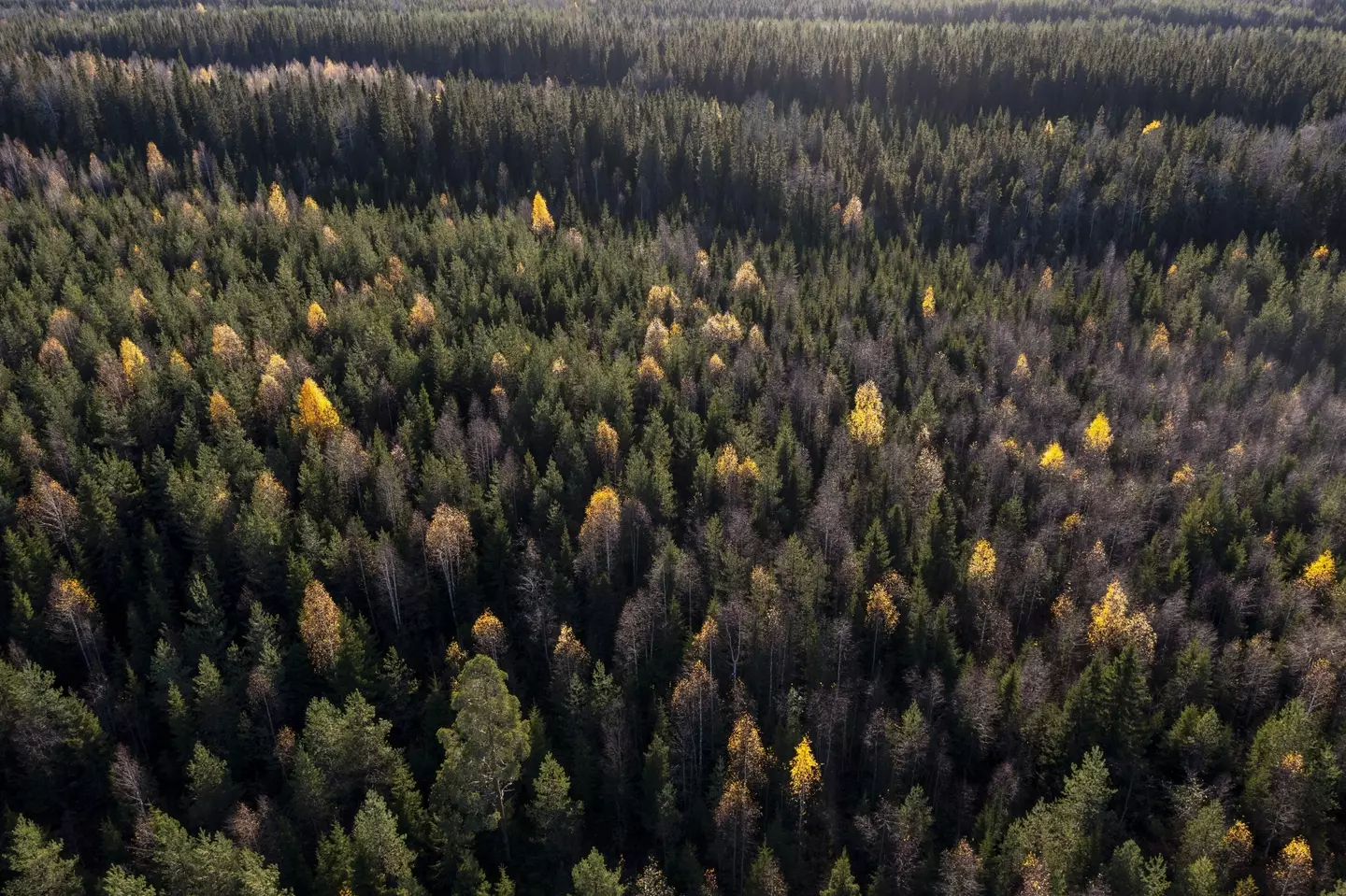
An international group of researchers have issued a warning about the future of our planet after discovering trees and land absorbed almost no carbon last year.
Plants absorb carbon dioxide - it's one of the lessons everyone learns in science class at an early age, but what happens when that's no longer true?
How do plants and land usually absorb carbon?
Human activity such as burning coal, oil, or natural gas results in the production of carbon, which in turn can get trapped in the atmosphere and contribute to climate change.
As a result, we're constantly being encouraged to reduce our carbon footprint, but we do get a helping hand from the world around us.
Advert
Oceans, forests, grasslands, and soils on Earth absorb much of the carbon in the atmosphere, helping to regulate the Earth’s climate.
As population, production, and technology increased and improved, humans began to release more emissions - but plants also began to absorb more, thanks to the increased carbon dioxide allowing them to grow faster.

How much carbon did plants absorb in 2023?
For thousands of years, the release of carbon been manageable for plants living in a relatively stable climate on Earth.
However, as temperatures increase and agriculture work continues to expand, the scales are being tipped in the wrong direction.
In a joint paper published by researchers from China, the UK, France, and Germany, the team pointed out that 2023 was the hottest year ever recorded, and that forest, plants and soil absorbed almost no carbon.
At New York Climate Week in September, Johan Rockström, director of the Potsdam Institute for Climate Impact Research, issued a warning about the disturbing direction we are heading in.
“Nature has so far balanced our abuse. This is coming to an end,” he said.

Why did plants stop absorbing carbon?
Earlier this year, a paper looking at carbon absorption found that while the total amount of carbon absorbed by forests between 1990 and 2019 was steady, there were variations visible by region.
Stretching across Russia, Scandinavia, Canada and Alaska are what are known as the boreal forests; absorption here was found to be down by more than a third due to climate crisis-related impacts, including fires and clearing the land for timber.
In addition to drought in the Amazon and in parts of the tropics, the hot conditions in the boreal forests are believed to have helped driven the collapse of the carbon sink last year.
Philippe Ciais, an author on the paper and a researcher at the French Laboratory of Climate and Environmental Sciences, commented: “In 2023, the accumulation of CO2 in the atmosphere is very high and this translates into a very, very low absorption by the terrestrial biosphere.
“In the northern hemisphere, where you have more than half of CO2 uptake, we have seen a decline trend in absorption for eight years,” he continued, according to The Guardian. “There is no good reason to believe it will bounce back.”

Can the planet recover?
Though the preliminary figures from 2023 are concerning, it's possible that the breakdown of the carbon sink could be temporary if exposure to droughts and wildfires decreases.
We can also rely on the ocean to soak up some carbon emissions, but this in turn leads to rising sea temperatures.
Professor Andrew Watson, head of Exeter University’s marine and atmospheric science group, commented: “Overall, models agreed that both the land sink and the ocean sink are going to decrease in the future as a result of climate change. But there’s a question of how quickly that will happen.
"The models tend to show this happening rather slowly over the next 100 years or so. This might happen a lot quicker.
“Climate scientists [are] worried about climate change not because of the things that are in the models but the knowledge that the models are missing certain things.”
With our natural carbon sinks in a precarious state, Professor Pierre Friedlingstein, of Exeter University, warned that we 'shouldn’t rely on natural forests to do the job'.
"We really, really have to tackle the big issue: fossil fuel emissions across all sectors,” he said.
Topics: Climate Change, Environment, Nature, Science, Technology